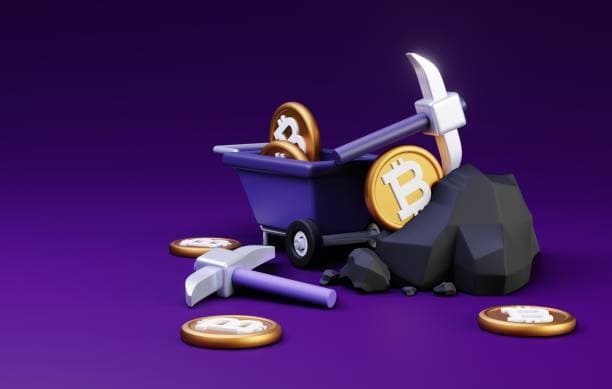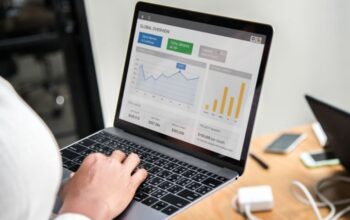Diving into the world of bitcoin and its financial derivatives can be a thrilling adventure, especially with the introduction of Bitcoin futures. These financial instruments have opened up new avenues for investors to speculate on the price of Bitcoin without actually owning the digital currency. But what exactly are Bitcoin futures, and how do they work? Let’s explore this fascinating topic in a light-hearted manner, as we uncover what investors need to know about this innovative investment vehicle.
What Are Bitcoin Futures?
Bitcoin futures are contracts that allow investors to speculate on the future price of Bitcoin. They are traded on regulated exchanges and are settled in cash, rather than requiring the delivery of the underlying asset. This means that when the contract expires, the buyer and seller only exchange the difference in Bitcoin’s value from the time the contract was made to its expiration, in cash.
How Do Bitcoin Futures Work?
Imagine you believe that the price of Bitcoin will rise in the next few months. You can buy a Bitcoin futures contract that expires in a few months. If your prediction is correct and the price of Bitcoin goes up, you can sell the contract before it expires and make a profit. Conversely, if the price drops, you could face a loss. This is a simplified explanation, but it captures the essence of how Bitcoin futures work.
The Role of Exchanges
Major financial exchanges like the Chicago Mercantile Exchange (CME) and the Chicago Board Options Exchange (CBOE) have introduced Bitcoin futures, providing a regulated platform for trading these contracts. This has brought a level of legitimacy and accessibility to Bitcoin investment that was previously lacking. Exchanges play a crucial role in ensuring that the trading of Bitcoin futures is transparent, secure, and fair.
Risks and Rewards
Investing in Bitcoin futures comes with its own set of risks and rewards. On the reward side, if you correctly predict the direction of Bitcoin’s price movement, you can potentially make significant profits. However, on the risk side, if your prediction is wrong, you could lose a substantial amount of money. The volatility of Bitcoin is well-known, and this can lead to large price swings, which can work in your favor or against you.
Leverage and Margin
One of the features of trading Bitcoin futures is the ability to use leverage. This means that you can control a larger contract with a smaller amount of capital. While this can amplify your potential gains, it can also amplify your losses. Using leverage requires a careful understanding of the risks involved and a solid risk management strategy.
Regulation and Legal Considerations
As with any financial instrument, there are regulatory and legal considerations when trading Bitcoin futures. Investors need to be aware of the tax implications, the legal status of Bitcoin in their jurisdiction, and any regulatory changes that could impact the market. It’s always a good idea to consult with a financial advisor or legal expert before diving into Bitcoin futures trading.
Market Volatility and Liquidity
The Bitcoin market is known for its high volatility, which can lead to rapid price changes. This can create opportunities for traders but also poses risks. Liquidity is another factor to consider; the ease with which you can buy or sell contracts without affecting the market price. In times of high volatility, liquidity can become a concern, so it’s important to monitor market conditions closely.
Strategies for Trading Bitcoin Futures
There are various strategies that investors can employ when trading Bitcoin futures. Some may choose a long-term approach, holding contracts for an extended period, while others might engage in short-term trading, looking for quick profits. Each strategy has its merits and risks, and it’s essential to find one that aligns with your investment goals and risk tolerance.
The Future of Bitcoin Futures
As Bitcoin continues to gain mainstream acceptance, the market for Bitcoin futures is likely to grow. This could lead to more liquidity, more trading options, and potentially more stability in the market. However, it’s important to remember that the cryptocurrency market is still relatively young, and there are no guarantees. As an investor, it’s crucial to stay informed and adapt to the changing landscape.
In conclusion, Bitcoin futures offer a unique way to participate in the cryptocurrency market without directly owning Bitcoin. They provide an opportunity for investors to speculate on price movements and potentially profit from them. However, they also come with risks that investors must understand and manage. As with any investment, knowledge is power, and the more you know about Bitcoin futures, the better equipped you’ll be to navigate this exciting market.








